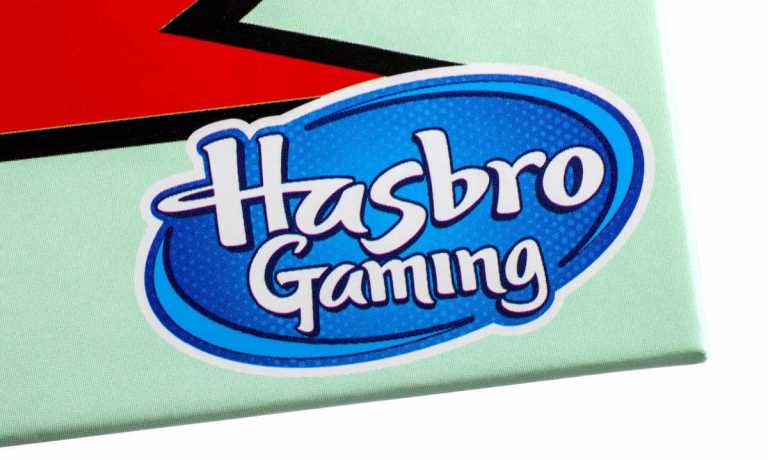Hasbro Cuts Costs, Emphasizes Core Products as Toy Sales Dip

In a bid to navigate through tough times, Hasbro is sharpening its focus on cutting costs to revive its toy and game business.
Despite a challenging year that saw a 15% drop in revenue to $5 billion, the company is determined to save money to reinvest in its core offerings, The Wall Street Journal reported Tuesday (Feb. 27).
Facing a decline in toy demand globally, with industrywide sales down 7% in 2023 compared to the previous year, Hasbro is under pressure to adapt to changing consumer behavior, according to the report.
Hasbro Chief Financial Officer Gina Goetter, who joined the company from Harley-Davidson last year, is leading the charge to achieve a cost-saving target of $750 million by 2025, the report said.
The company’s recent cost-saving initiatives include reviewing the components in its toys and games, per the report. Starting with its Nerf products, Hasbro analyzed materials, packaging, and production processes and identified opportunities to optimize costs without compromising product quality.
Additionally, Hasbro reduced its workforce by 20% and streamlined operations to enhance efficiency across its supply chain, according to the report.
The company’s financial woes were exacerbated by its 2019 acquisition of television and film company Entertainment One (eOne), which diverted resources from its core toy business, the report said. To redirect its focus back to its primary offerings, such as Dungeons & Dragons and Monopoly, Hasbro sold eOne’s film and TV business in December.
Analysts view Hasbro’s turnaround as challenging amid a tough market for toys, per the report. Despite missing profit forecasts and recording a net loss of $1.49 billion in 2023, the company remains committed to driving growth through its tabletop and digital gaming divisions.
Rival toymaker Mattel said in October that despite the positive developments around the Barbie movie, it was maintaining a cautious stance regarding its outlook. Mattel pointed to the challenges confronting the global toy industry and the ongoing instability in the broader economy.
Among the moves Mattel is making is an effort to expand its intellectual property (IP)-driven toy business, growing its relevance beyond the toy aisle.
For all PYMNTS retail coverage, subscribe to the daily Retail Newsletter.